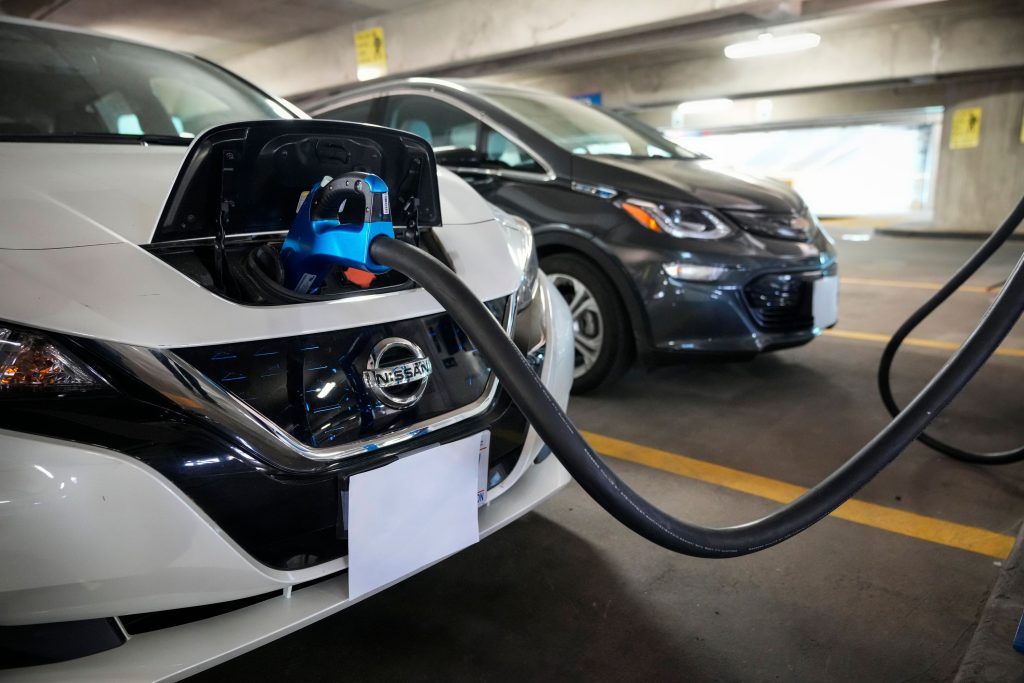Electric vehicles (EVs) have been steadily gaining traction in recent years, sparking conversations about the future of transportation. With advancements in technology and growing environmental concerns, the automotive industry is poised for a significant shift towards electrification. So, what can we expect from the future of electric vehicles? Let’s explore.
1. Increased Adoption
One of the most notable trends in the automotive industry is the increased adoption of electric vehicles. As concerns about climate change continue to rise, consumers are seeking more sustainable transportation options. With improvements in battery technology and the expansion of charging infrastructure, EVs are becoming increasingly accessible to the masses.
2. Expanded Range
Range anxiety has long been a concern for potential EV buyers. However, advancements in battery technology are addressing this issue head-on. With each passing year, EVs are boasting longer ranges, making them more practical for everyday use. Additionally, rapid charging stations are becoming more prevalent, reducing the time it takes to recharge your vehicle on the go.
3. Technological Innovation
The future of electric vehicles is undoubtedly intertwined with technological innovation. From autonomous driving capabilities to seamless connectivity features, EV manufacturers are constantly pushing the boundaries of what’s possible. Expect to see more sophisticated onboard systems, enhanced safety features, and intuitive user interfaces in the EVs of tomorrow.
4. Diverse Models
Gone are the days when electric vehicles were limited to a handful of models with lackluster performance. In the future, expect to see a diverse range of EVs catering to various consumer preferences and lifestyles. Whether you’re in the market for a sleek sedan, a spacious SUV, or a rugged off-roader, there will be an electric vehicle to suit your needs.
5. Infrastructure Expansion
As the demand for electric vehicles continues to grow, so too will the need for robust charging infrastructure. Governments, automakers, and private companies are investing heavily in expanding the network of charging stations, making it easier for EV owners to recharge their vehicles wherever they go. Expect to see more charging stations in urban areas, along highways, and even in remote locations.
6. Environmental Benefits
One of the most compelling reasons to embrace electric vehicles is their environmental benefits. By reducing reliance on fossil fuels, EVs help lower greenhouse gas emissions and mitigate air pollution. As renewable energy sources become more prevalent, the environmental impact of electric vehicles will continue to improve, making them an attractive option for eco-conscious consumers.
7. Cost competitiveness
While electric vehicles have historically been more expensive than their gasoline counterparts, that gap is narrowing rapidly. As production scales up and manufacturing costs decrease, EVs are becoming increasingly cost-competitive. Factor in savings on fuel and maintenance, and the total cost of ownership for electric vehicles is becoming more attractive to budget-conscious consumers.
8. Policy support
Government policies and incentives play a crucial role in shaping the future of electric vehicles. Many countries around the world are offering incentives such as tax credits, rebates, and subsidies to encourage the adoption of EVs. Additionally, regulatory measures such as emissions standards and vehicle electrification targets are driving automakers to invest more in electric vehicle development.
9. Integration with Renewable Energy
The synergy between electric vehicles and renewable energy sources is undeniable. In the future, expect to see greater integration between EVs and renewable energy sources such as solar and wind power. Home charging stations equipped with solar panels and vehicle-to-grid (V2G) technology will enable EV owners to not only power their vehicles with clean energy but also contribute to grid stability.
10. Global Market Expansion
As awareness and acceptance of electric vehicles continue to grow, the global market for EVs is expected to expand exponentially. Emerging economies with rapidly urbanising populations are particularly ripe for EV adoption. Additionally, collaborations between international automakers and local partners will facilitate the production and distribution of electric vehicles worldwide.
Conclusion
The future of electric vehicles is bright and full of promise. With advancements in technology, expanding infrastructure, and growing consumer demand, EVs are poised to revolutionise the automotive industry. From increased adoption and expanded range to technological innovation and environmental benefits, electric vehicles offer a glimpse into a cleaner, more sustainable future of transportation. As we navigate this exciting evolution, keep an eye out for opportunities to spot a new automobile business emerging.
